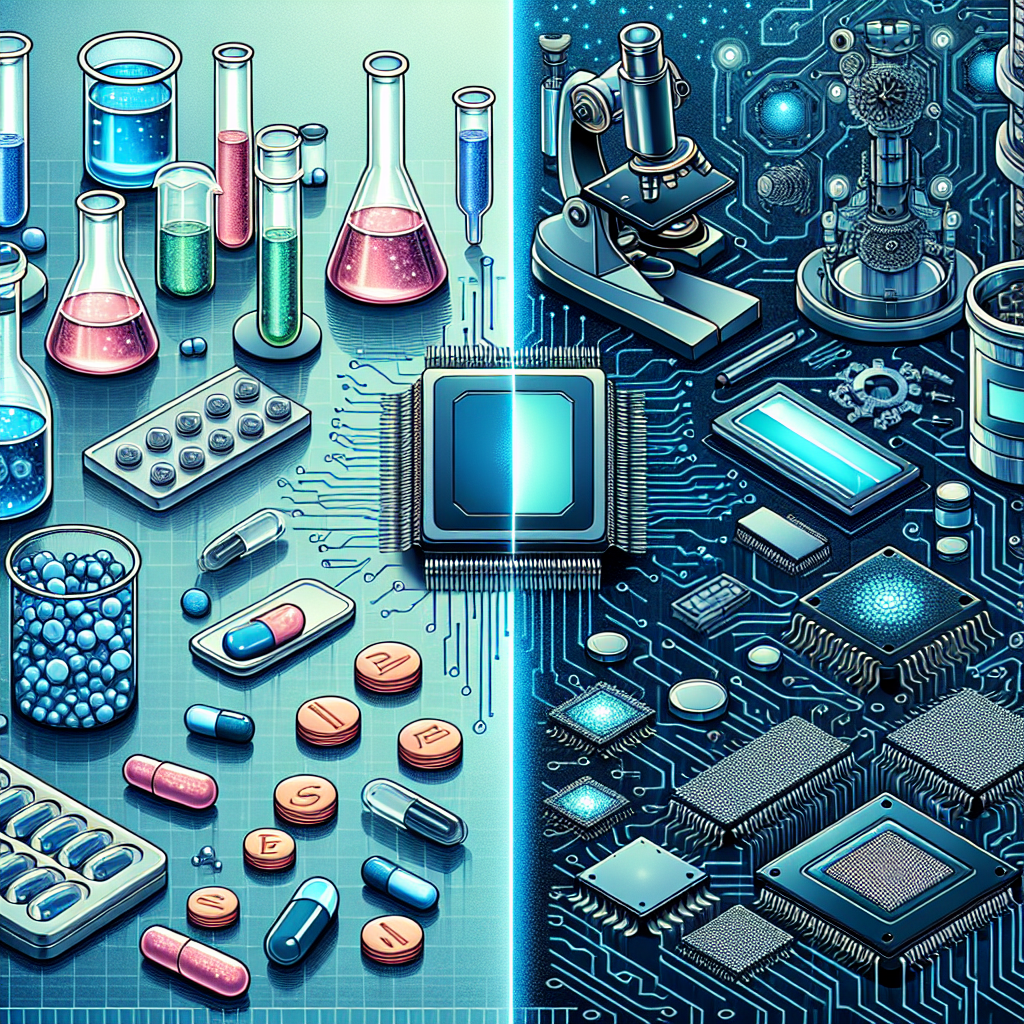Tariff Tension and Global Health: Navigating Pharmaceuticals in a Trade War
The U.S.-China trade war impacts pharmaceuticals, with tariffs raising costs for Western medicines in China. Meanwhile, WHO member states agree on a pandemic pact, and the EU approves a new Alzheimer's drug. Elsewhere, counterfeit drugs and tariff threats raise challenges, as various industry shifts unfold globally.

Pharmaceuticals have been thrust into the center of ongoing tariff tensions between the U.S. and China, with popular Western drugs such as those for cancer and diabetes facing increased levies. This heightens costs and intensifies challenges for drugmakers globally, showcasing the complex interplay of politics and medicine.
The World Health Organization states have finally reached an agreement to better prepare for future pandemics, a move that comes in the wake of the devastating COVID-19 pandemic. This agreement aims to bolster international defenses, marking a significant step in global health governance.
Meanwhile, regulatory developments regarding Alzheimer's treatment, along with counterfeit drug warnings and regulatory challenges, highlight the dynamic and often turbulent nature of the global pharmaceutical landscape. As new medications emerge, the industry navigates a mix of economic forces and health imperatives.
(With inputs from agencies.)
ALSO READ
I look forward to interacting with members of Indian diaspora who have for long been nurturing India-Israel friendship: Modi.
Internal Strife in Tamil Nadu: Who Leads the NDA?
DGCA takes action against VSR Ventures, whose plane crashed near Baramati last month; grounds 4 aircraft for non-compliances.
SC takes note of Kerala govt's appeal against HC decision, issues notice to those who appeared before HC.
WHO Report: Health Attacks in Ukraine Surge 20% in 2025










